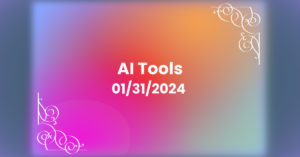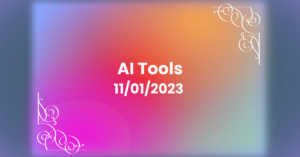Weekly News Round-Up For March 20, 2024
The introduction to this week’s issue of AI Buzz Issue #22 focuses on several key areas in the AI field. It discusses the limitations of traditional AI benchmarks, the challenges large language models face in achieving human-like understanding, and highlights significant trends that have shaped AI in 2023.
Additionally, it explores the innovative use of generative AI in software testing and delves into the potential benefits of AI in education administration, suggesting ways it can streamline administrative tasks and enhance the educational experience.
Latest News
Why most AI benchmarks tell us so little
TechCrunch challenges the efficacy of traditional AI benchmarks, urging a shift towards metrics that genuinely reflect AI’s real-world impact and utility. […Read More…]
Why large language models aren’t headed toward humanlike understanding
Science News explores the limitations of large language models (LLMs) like ChatGPT, illustrating that despite their impressive linguistic abilities, they fall short in adapting learned concepts to new, unfamiliar situations, highlighting a fundamental difference in how AI and humans understand the world. […Read More…]
Four trends that changed AI in 2023
MIT Technology Review’s article “Four trends that changed AI in 2023” provides a comprehensive overview of the year’s major AI developments, focusing on the explosion of generative AI, new insights into AI’s operational mechanics and ethical considerations, the mainstreaming of AI doomerism, and significant strides in AI regulation and policy making, which collectively suggest a maturing field poised for future innovations and challenges. […Read More…]
Using generative AI to improve software testing
MIT News highlights DataCebo, an MIT spinout, for its innovative use of generative AI in creating synthetic data with their Synthetic Data Vault, revolutionizing software testing and machine learning model training by offering a more effective alternative to real-world data, especially in sensitive or data-limited scenarios. […Read More…]







